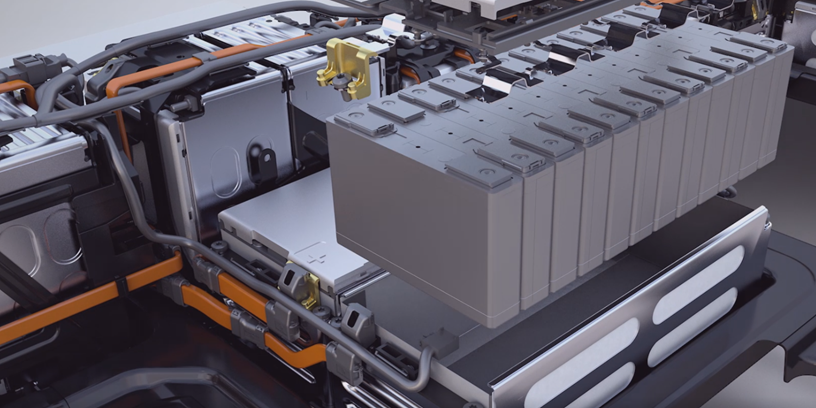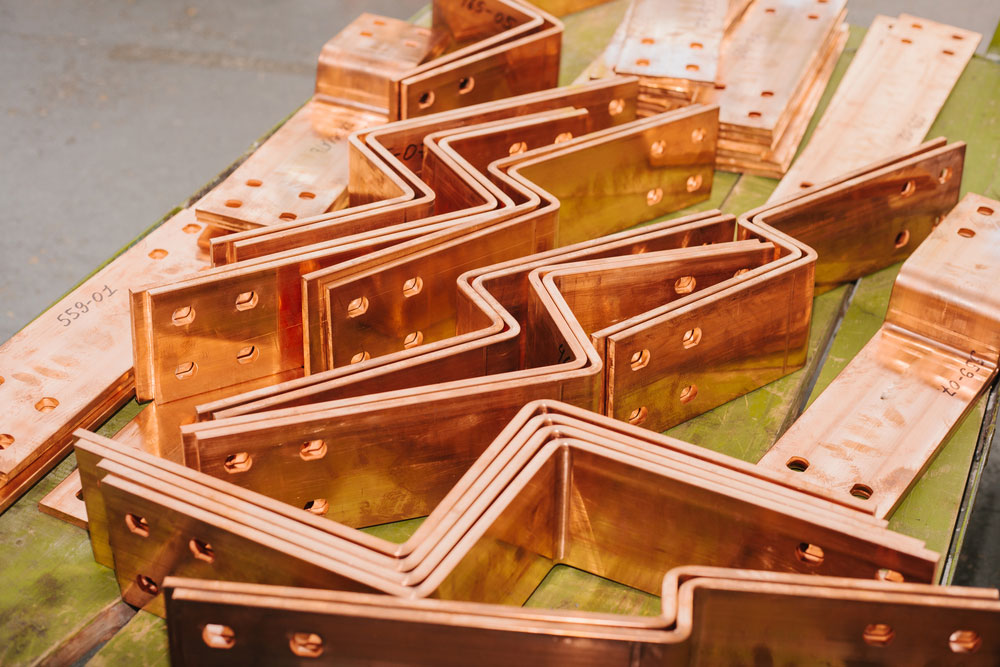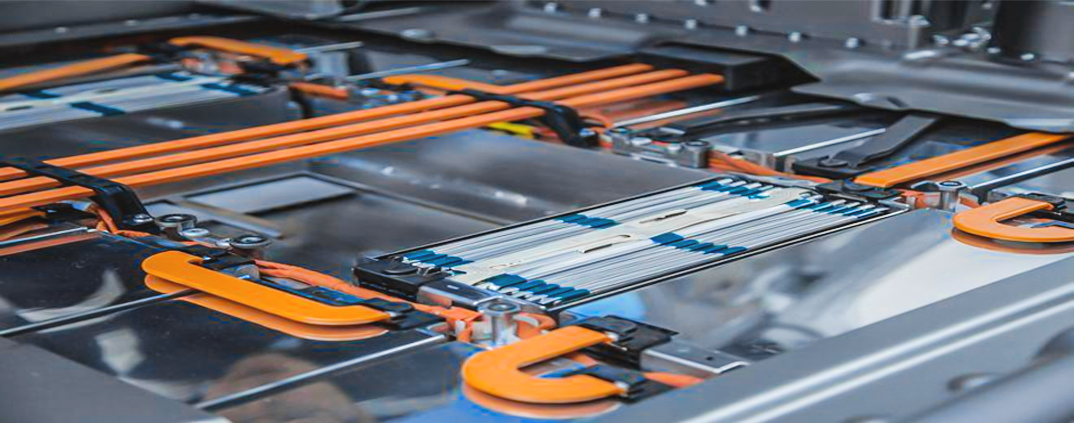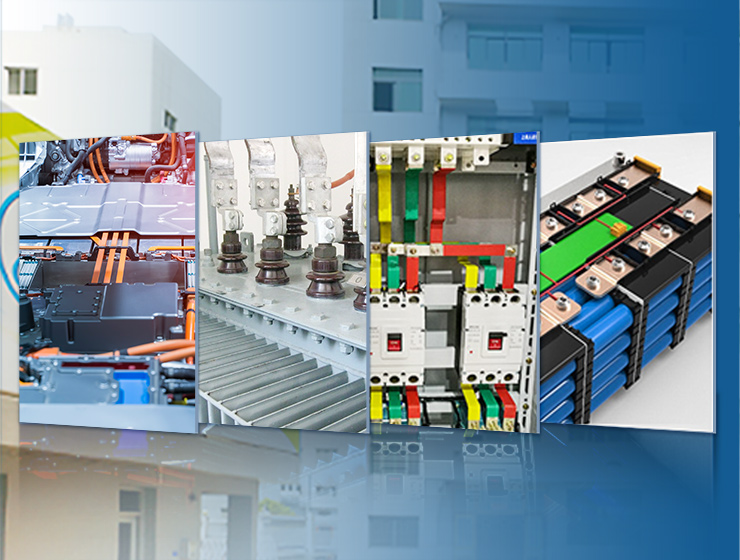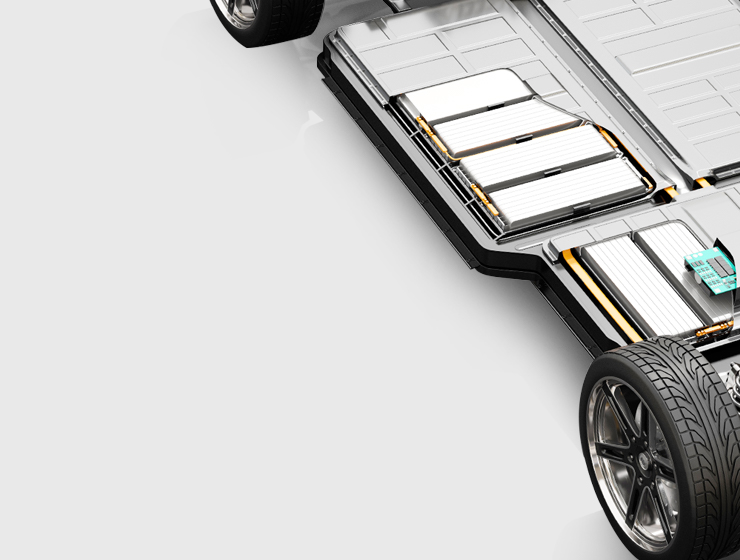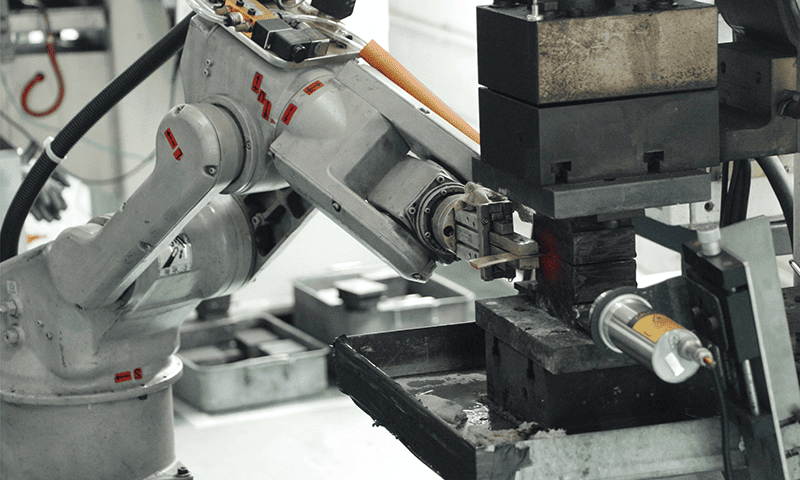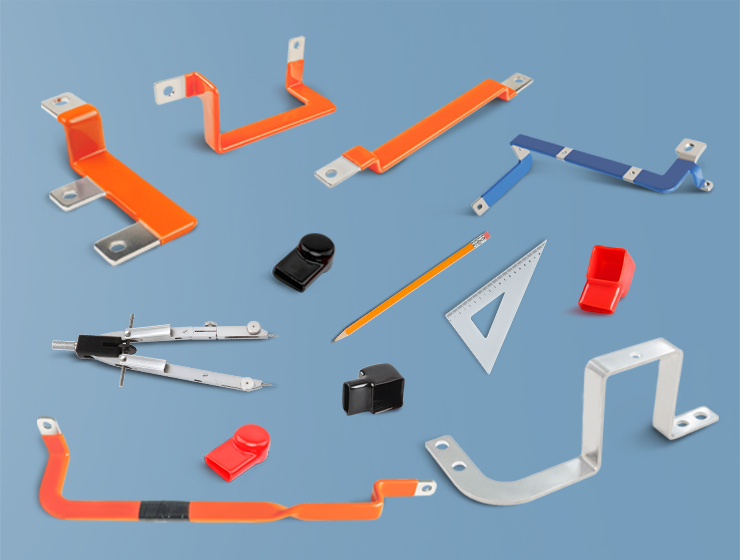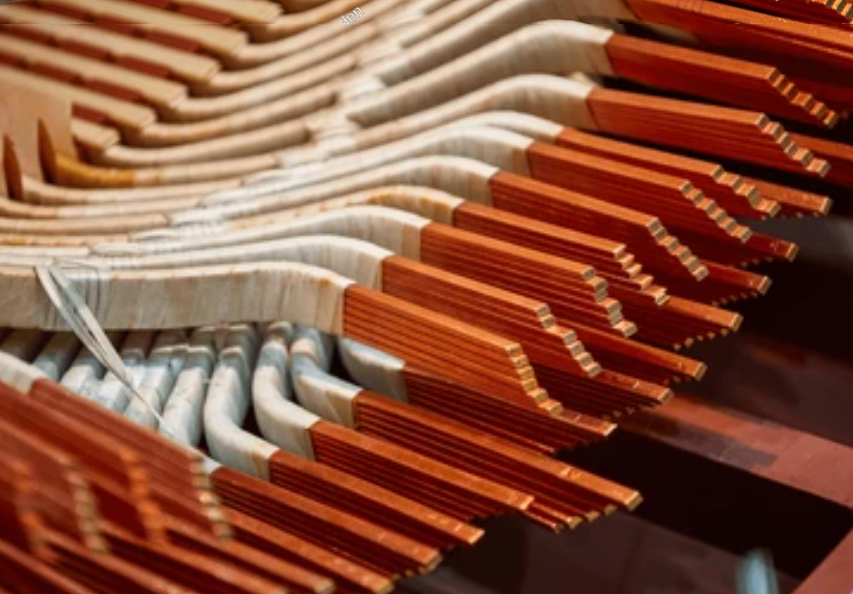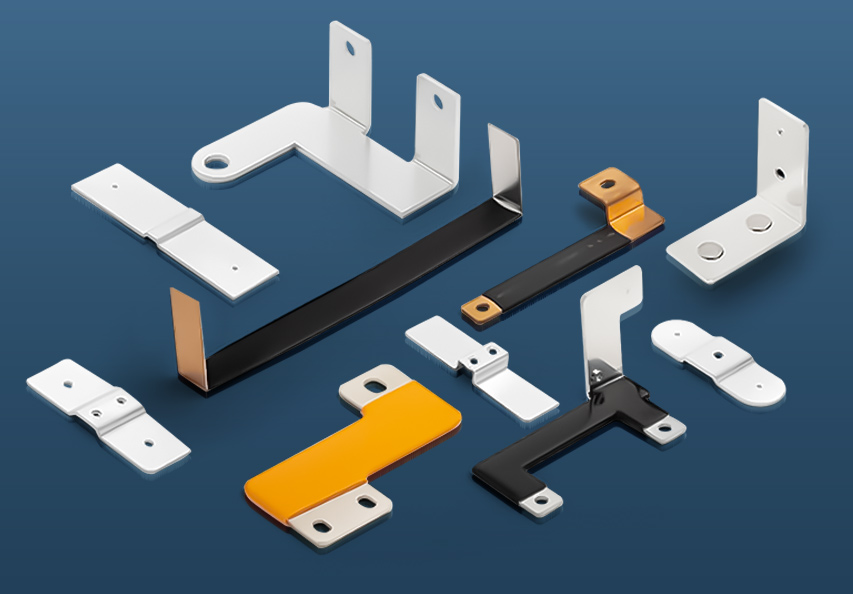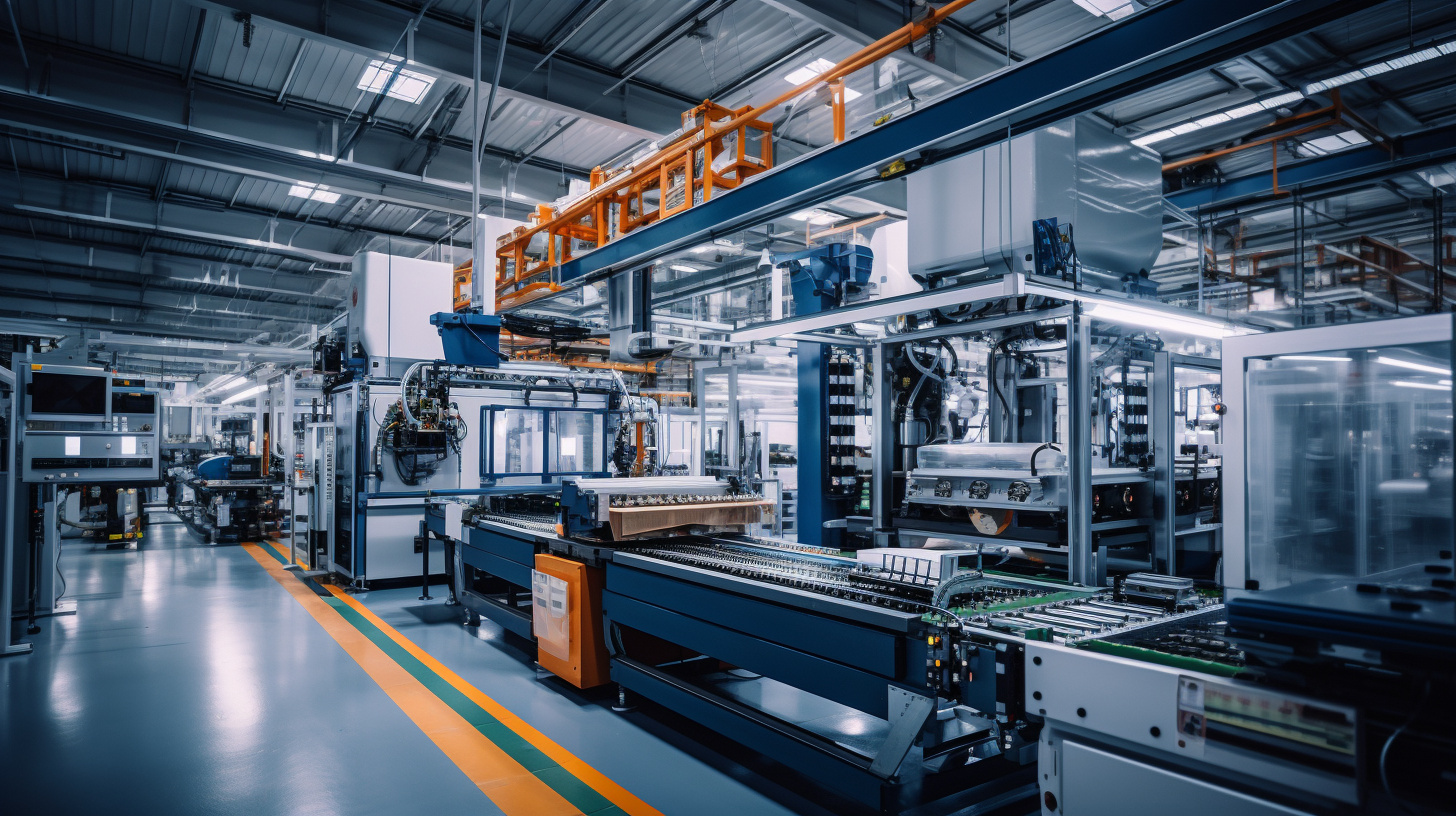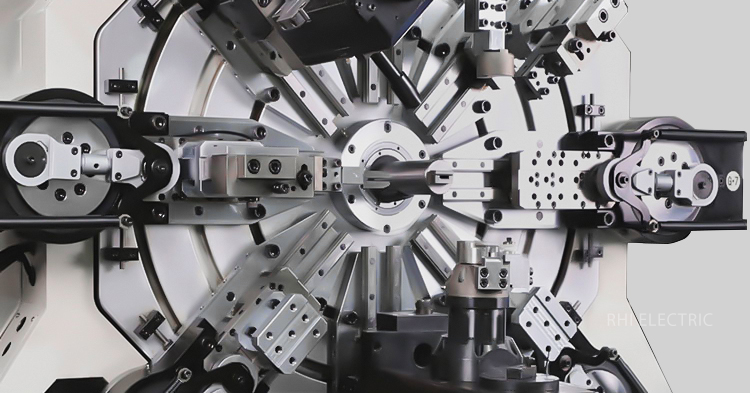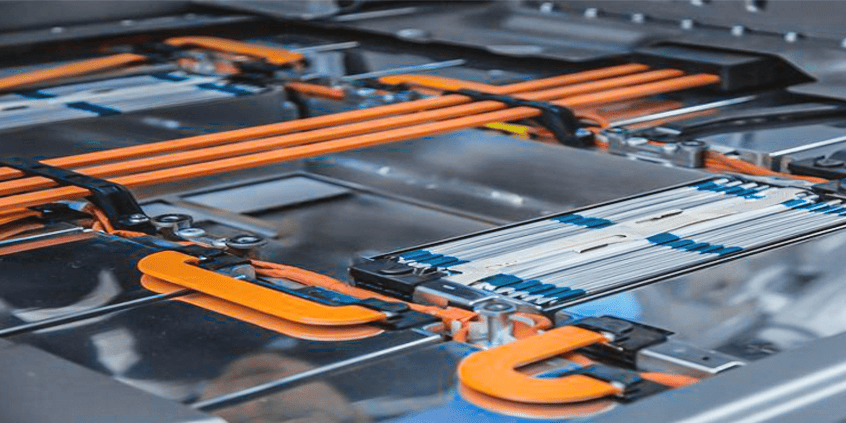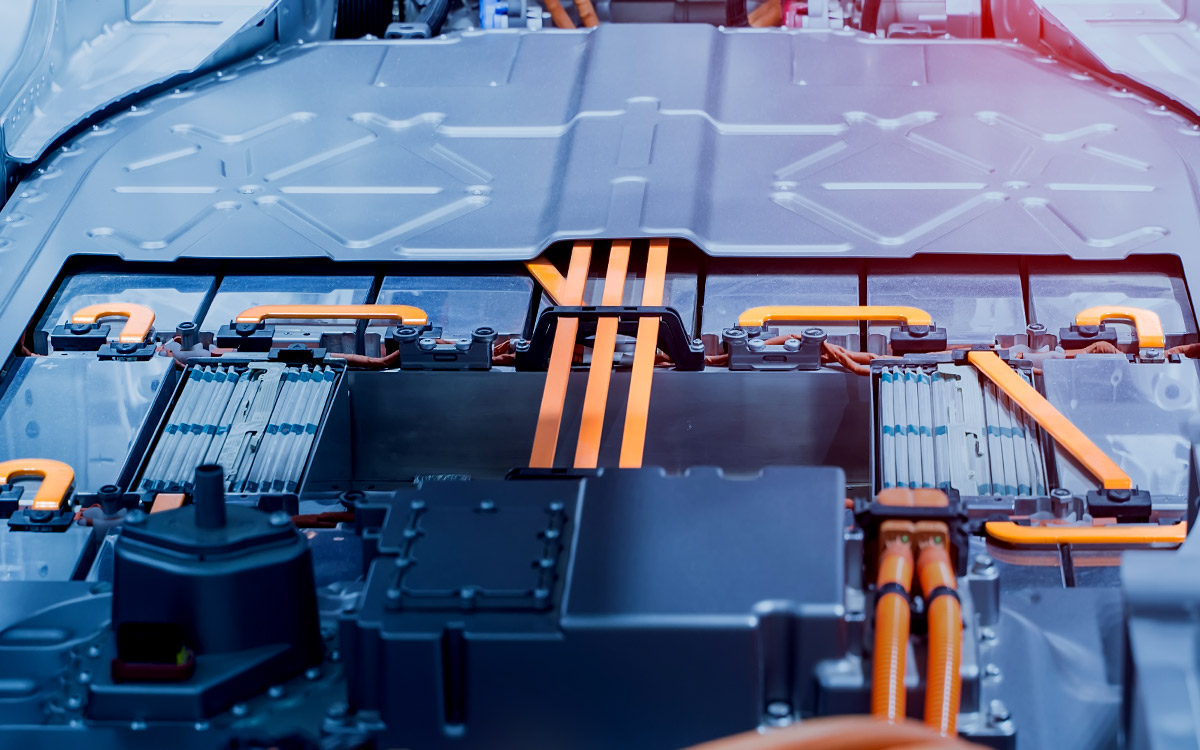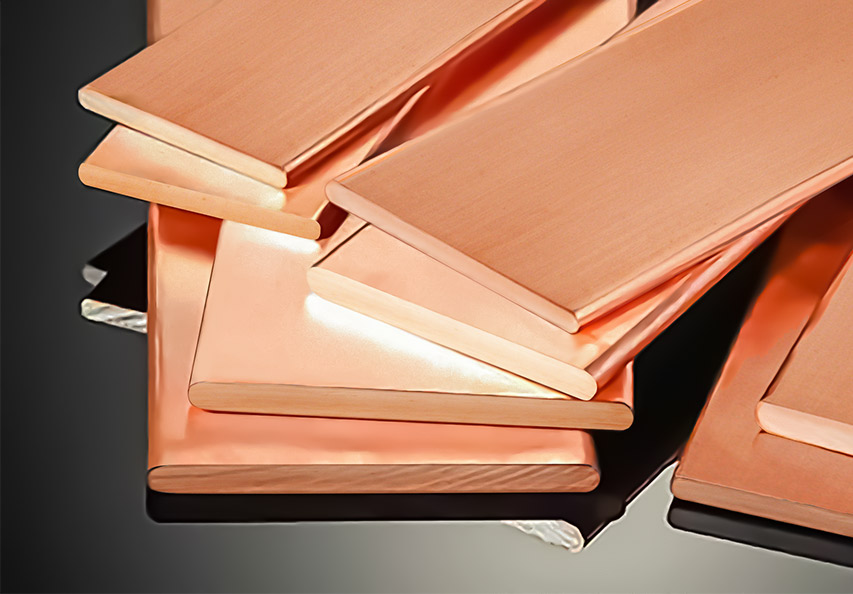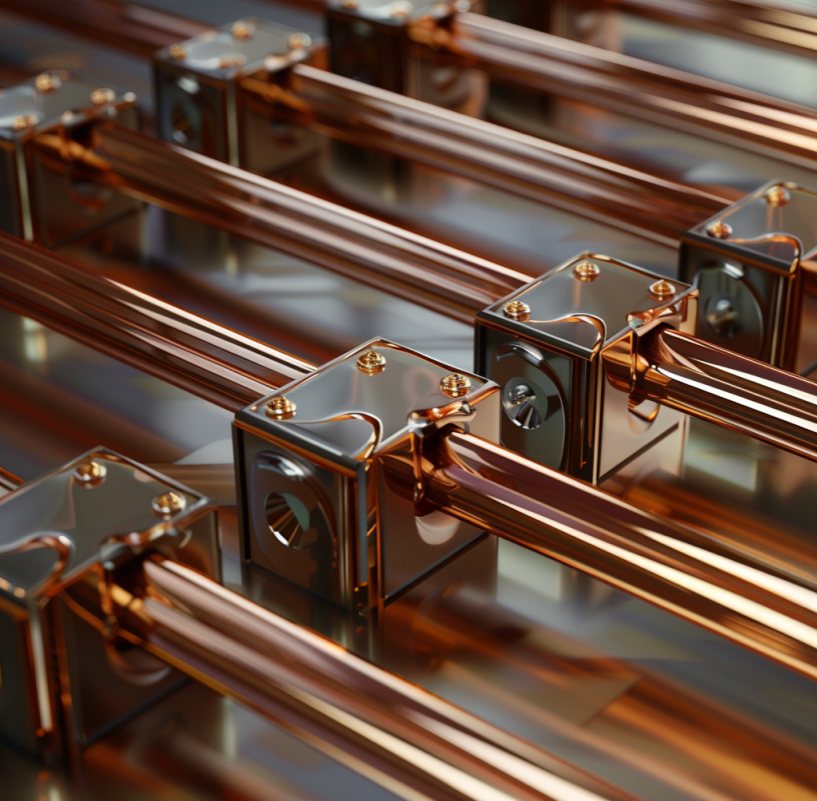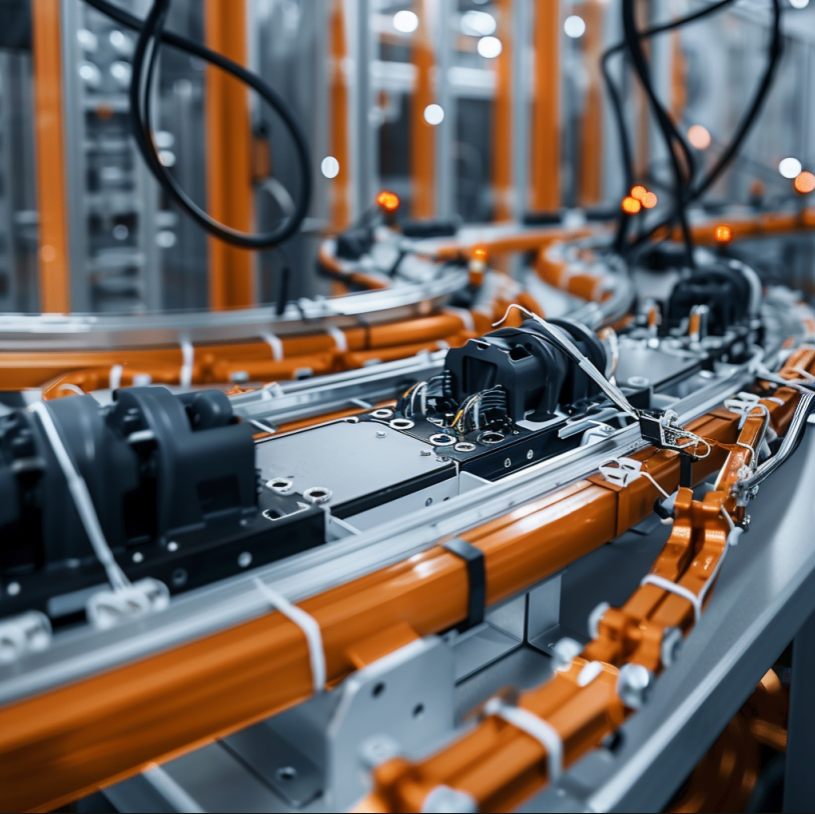

Understanding the Benefits of Flexible Busbar in Electrical Systems
In the rapidly evolving landscape of electrical engineering, the need for innovative solutions to enhance efficiency, safety, and adaptability has never been greater. One such innovation gaining prominence is the flexible busbar. This advanced component is reshaping how electrical systems are designed and implemented, providing a myriad of benefits that traditional rigid busbars simply cannot match. In this post, we will delve into the fundamental characteristics of flexible busbar technology and how it can revolutionize power distribution systems across various applications.
Introduction to Flexible Busbar
Flexible busbars are electrical conductors that utilize a combination of copper or aluminum strips, connected in a flexible manner to allow for easy installation and maintenance. Unlike traditional rigid busbars, which are limited in their configuration and often cumbersome to work with, flexible busbars can be shaped and adjusted to fit various layouts and configurations. This adaptability makes them an increasingly popular choice for modern electrical applications, where space optimization and design complexity are critical.
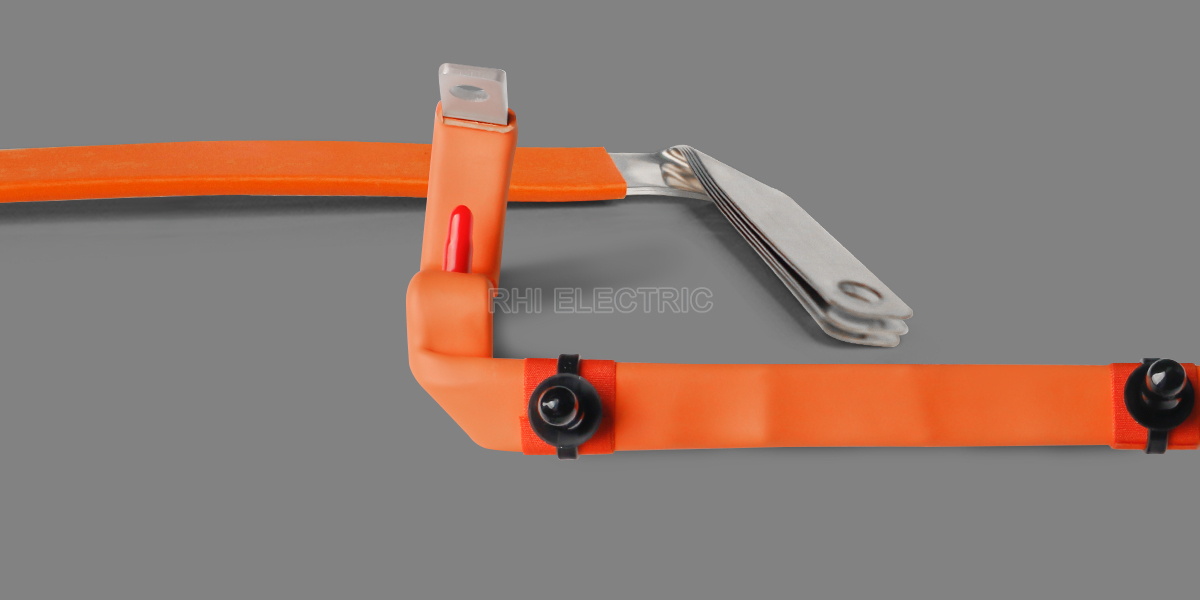
Enhanced Design Versatility
One of the standout benefits of flexible busbars is their remarkable design versatility. Electrical systems are continually challenged by the need for efficient layouts, especially in environments with limited space or intricate routing requirements. Flexible busbars can be easily bent and formed to fit within tight spaces, accommodating complex geometric designs that rigid busbars cannot.
This flexibility allows engineers to optimize circuit designs while maintaining reliability and performance. For instance, in data centers where physical space is at a premium, flexible busbars enable streamlined power distribution, reducing clutter and minimizing the potential for overheating. The ability to adapt to various installation environments empowers designers to create customized solutions tailored to specific operational needs.
Improved Thermal Management
Thermal management is a critical concern in electrical systems, directly impacting the performance and lifespan of components. Flexible busbars are designed to handle thermal expansion and contraction much more effectively than their rigid counterparts. This characteristic is crucial, as temperature fluctuations can lead to stress and eventual failure in electrical components.
By allowing for this movement, flexible busbars help to dissipate heat more efficiently, reducing the risk of overheating and enhancing the overall reliability of the electrical system. Improved thermal management not only ensures the longevity of the busbars themselves but also protects the surrounding equipment, leading to decreased downtime and maintenance costs.
Reduced Installation Time and Costs
In any construction or installation project, time is money. The lightweight nature of flexible busbars contributes significantly to reduced installation times. Their simple handling requirements mean that electricians can install them with ease, often without the need for specialized tools or extensive training. This efficiency translates into lower labor costs and faster project completion, which can be a game-changer for businesses operating under tight deadlines.
Moreover, the reduced requirement for on-site customization and fabrication of components means that projects can move forward more swiftly, enhancing overall productivity. For industries that rely on rapid implementation of electrical systems, such as renewable energy, having a reliable and quick-to-install solution is invaluable.
Enhanced Safety Features
Safety is a paramount concern in electrical systems, where the risk of electrical faults and short circuits can have catastrophic consequences. Flexible busbars incorporate a range of enhanced safety features that can significantly reduce these risks. The insulation options available with flexible busbars can be tailored to meet various industry standards, ensuring compliance with regulatory requirements.
Additionally, the design of flexible busbars minimizes the potential for physical damage during installation or operation, further enhancing their safety profile. This focus on safety not only protects the equipment but also provides peace of mind for operators and maintenance personnel, knowing that they are working with a reliable and secure electrical component.
Adaptability to Various Applications
The versatility of flexible busbars extends beyond just the design and installation process; they are suitable for a wide array of applications across multiple sectors. From industrial settings to renewable energy systems, the adaptability of flexible busbars makes them an ideal solution for diverse electrical systems.
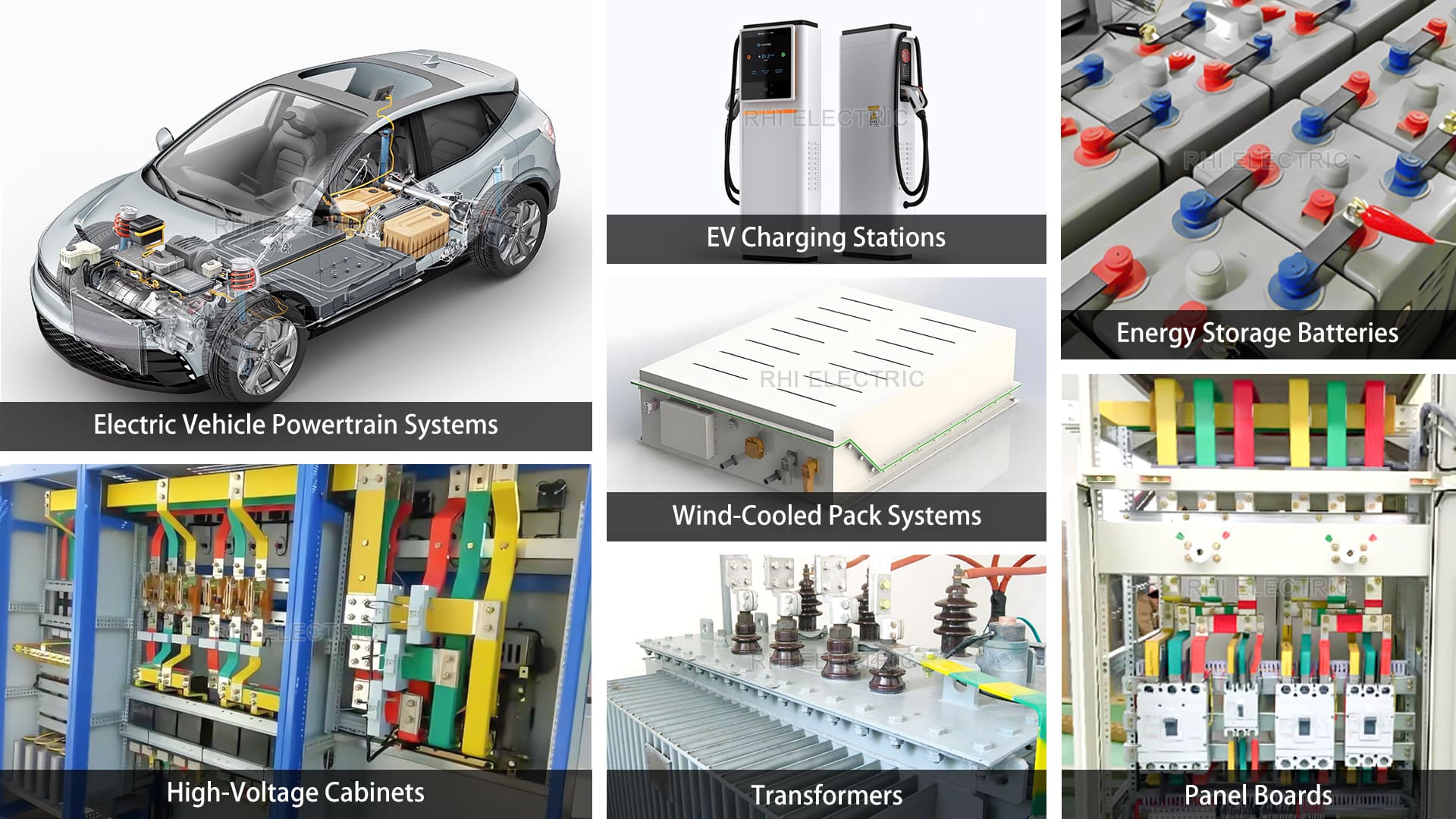
Industrial Applications
In industrial environments, flexible busbars can facilitate efficient power distribution in factories, warehouses, and production lines. Their ability to conform to various layouts allows for smooth integration into existing infrastructure, making upgrades and expansions more manageable.
Renewable Energy Systems
As the world shifts towards renewable energy sources, flexible busbars have emerged as a crucial component in solar power installations and wind energy systems. They can connect various components within these setups while accommodating the dynamic nature of renewable energy production, which often involves fluctuating loads and multiple connection points.
Data Centers and Electric Vehicles
In data centers, where power distribution must be both efficient and reliable, flexible busbars can accommodate complex layouts that optimize resource use while ensuring minimal downtime. Similarly, in electric vehicles, flexible busbars provide the necessary adaptability to meet the demands of modern battery systems and electrical architecture.
Conclusion: Embracing Flexible Busbar Technology
As the demands on electrical systems continue to evolve, embracing flexible busbar technology represents a strategic move towards more efficient, reliable, and adaptable power distribution. The advantages of design versatility, improved thermal management, reduced installation costs, enhanced safety, and broad applicability make flexible busbars an essential component in modern electrical infrastructure.
By integrating flexible busbars into their systems, engineers and manufacturers can optimize performance, reduce operational risks, and ultimately deliver better service across various industries. Whether in data centers, renewable energy projects, or industrial applications, the future of electrical systems lies in the innovative and flexible approach offered by this technology.
In a world where adaptability and efficiency are paramount, flexible busbars stand out as a testament to the advancements in electrical engineering, providing solutions that not only meet current needs but also anticipate future challenges.






